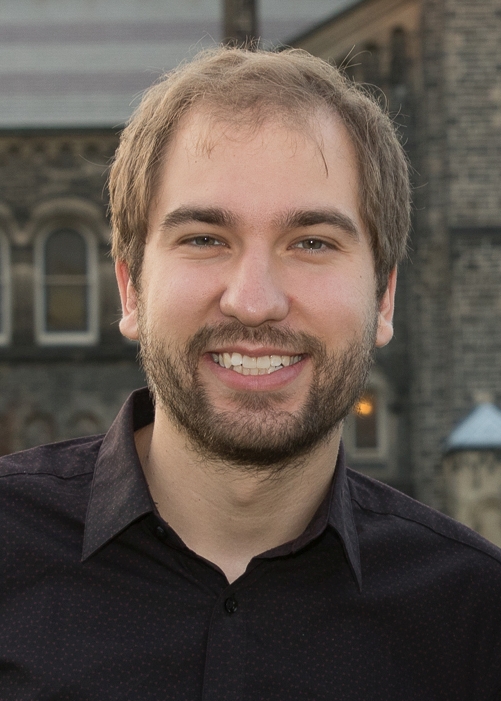
- This event has passed.
Spring 2023 GRASP SFI: Melkior Ornik, University of Illinois Urbana-Champaign, “System Resilience and Guaranteed Performance in the Face of Unexpected Adversity”
February 8, 2023 @ 3:00 pm - 4:00 pm
This was a hybrid event with in-person attendance in Levine 307 and virtual attendance…
ABSTRACT
The ability of a system to correctly respond to a sudden adverse event is critical for high-level autonomy in complex, changing, or remote environments. By assuming continuing structural knowledge about the system, classical methods of adaptive or robust control largely attempt to design control laws which enable the system to complete its original task even after an adverse event. However, catastrophic events such as physical system damage may render the original task impossible to complete. In other words, any control law that attempts to complete the task is doomed to be unsuccessful. Instead, an autonomous planner should recognize the task as impossible to complete, propose an alternative that can certifiably be completed given the current knowledge, and formulate a control law that drives the system to complete this new task. To do so, in this talk I will present the emergent twin framework of guaranteed performance and resilience. Combining methods of optimal control, online learning, and reachability analysis, these frameworks first compute a set of temporal tasks completable under all system dynamics consistent with the planner’s partial knowledge. These tasks can then be pursued by online learning and adaptation methods. The talk will consider three scenarios: actuator degradation, loss of control authority, and structural change in system dynamics, and will briefly present several applications to aerial and maritime vehicles, as well as infrastructure design. Finally, I will identify promising future directions of research, including real-time safety-assured mission planning, resilience of complex networks, and perception-based task assignment.

